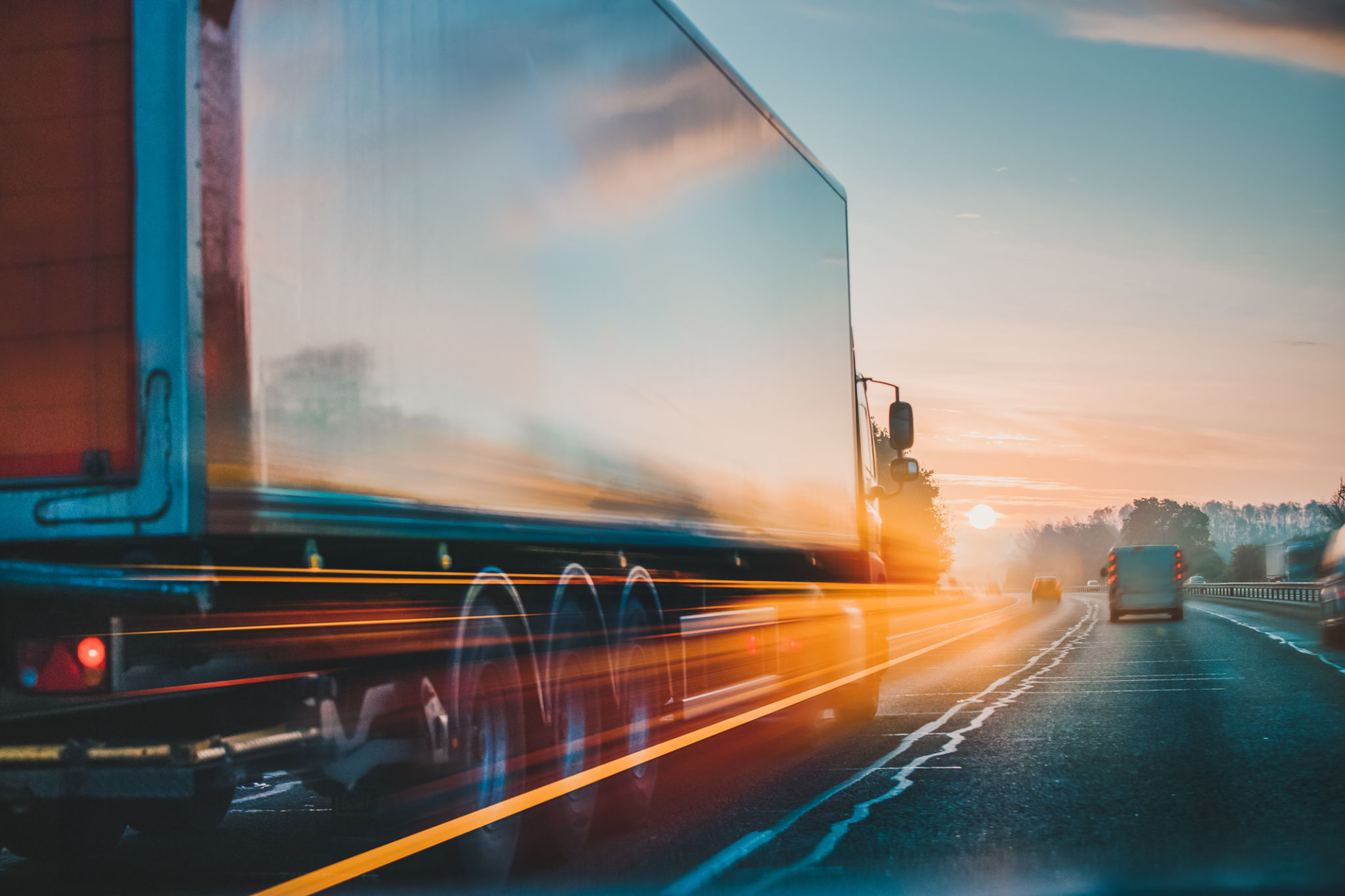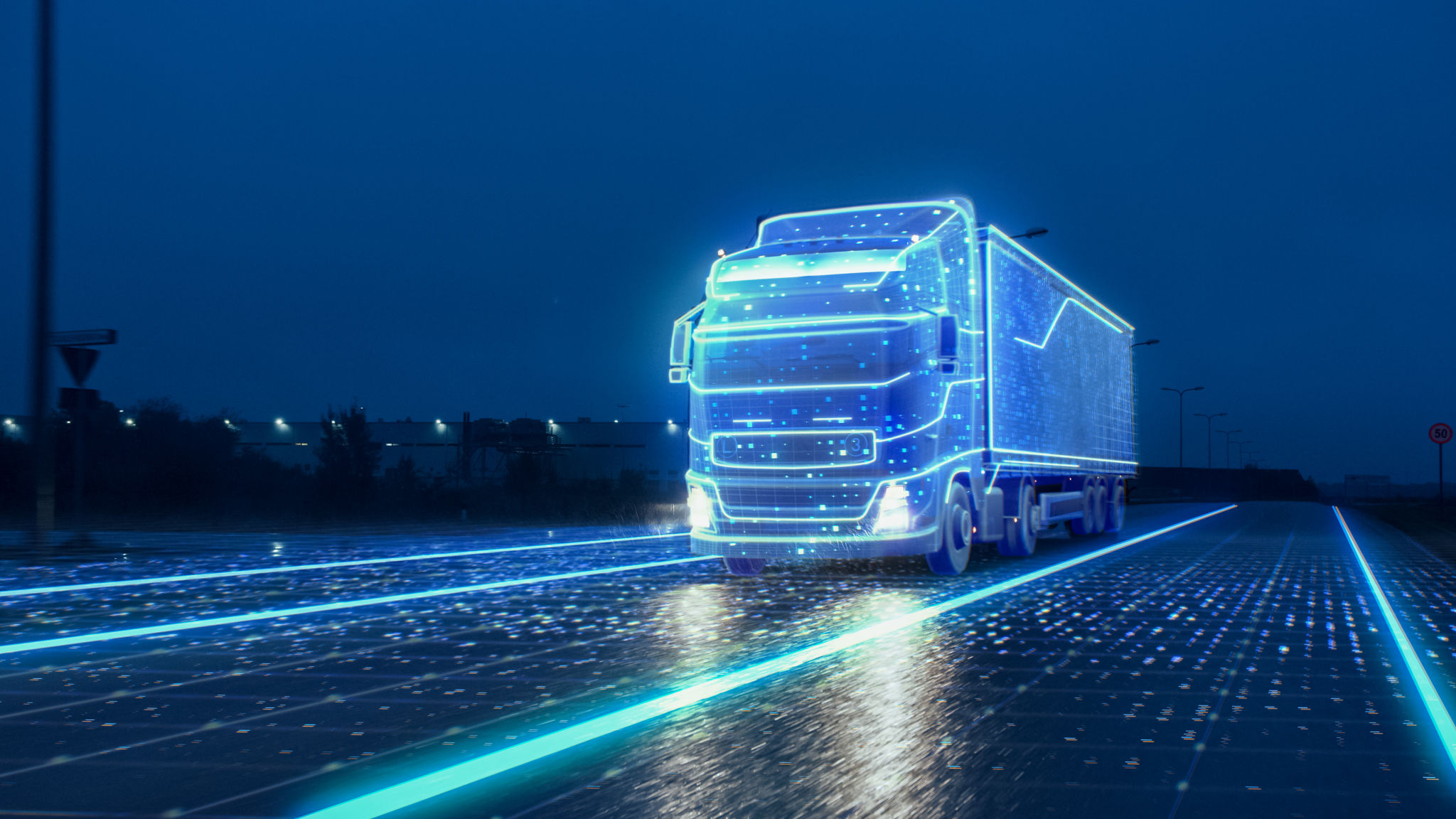The Role of Technology in Modern Trucking and Logistics
Introduction to Technology in Trucking
The trucking and logistics industry has undergone a significant transformation in recent years, largely owing to the integration of advanced technology. This evolution has not only improved operational efficiency but also enhanced safety and customer satisfaction. As the demand for faster and more reliable delivery services grows, the role of technology in modern trucking becomes increasingly crucial.

Telematics and Fleet Management
One of the most impactful technologies in trucking is telematics. This system combines GPS technology, onboard diagnostics, and other communication tools to provide real-time data about vehicle location, speed, and engine performance. Fleet managers can use this information to optimize routes, reduce fuel consumption, and improve overall productivity.
In addition to tracking, telematics helps in predictive maintenance. By monitoring vehicle health, managers can schedule maintenance activities before a breakdown occurs, leading to fewer disruptions and prolonged vehicle lifespan.
Optimizing Routes with GPS
The use of GPS technology has revolutionized route planning in the logistics industry. By analyzing traffic patterns and road conditions, GPS systems can suggest the most efficient routes, saving time and fuel. This not only reduces costs but also minimizes the environmental impact of trucking operations.

Automation and Autonomous Trucks
Automation is another area where technology is making significant strides. The development of autonomous trucks promises to reshape the trucking landscape by reducing the need for human drivers and increasing safety on the roads. These vehicles use sensors, cameras, and AI algorithms to navigate highways with precision.
Despite being in the early stages of development, autonomous trucks have already shown potential in reducing human error, which is a leading cause of accidents. As technology advances, we can expect to see more semi-autonomous features integrated into commercial vehicles.

Blockchain in Logistics
Blockchain technology offers a transparent and secure way to track shipments across the supply chain. By creating an immutable ledger of transactions, blockchain ensures that all parties involved have access to accurate and up-to-date information. This reduces disputes and increases trust among stakeholders.
Moreover, blockchain can streamline administrative processes by automating tasks such as invoicing and payments, reducing paperwork and improving efficiency.
Enhancing Communication and Connectivity
Communication tools have also seen significant advancements. Modern trucking companies utilize advanced communication systems that allow real-time interaction between drivers, dispatchers, and customers. This connectivity ensures that any issues are quickly addressed, improving service reliability.

The Future of Trucking Technology
The future of trucking looks promising as technology continues to evolve. From electric trucks aiming to reduce carbon emissions to advanced analytics providing deeper insights into operations, the industry is on the brink of a technological revolution.
As these technologies become more accessible and affordable, even small trucking companies will have the opportunity to enhance their operations and compete with larger players in the market.
Conclusion
In conclusion, technology plays an indispensable role in modern trucking and logistics. By embracing innovations such as telematics, automation, blockchain, and enhanced communication tools, the industry is set to deliver faster, safer, and more sustainable services. As we look ahead, it's clear that technology will continue to drive progress and efficiency in this vital sector.